Description
Don’t be that guy who thinks I have this size from Harbor Freight.
This is a big mistake. Here’s why:
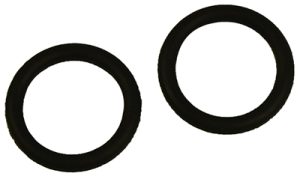 Fuel-proof fluoroelastomer (Viton) O-rings used in our Grumman fuel primer service kit are often considered superior to Neoprene O-rings in applications involving fuels for several reasons:
Fuel-proof fluoroelastomer (Viton) O-rings used in our Grumman fuel primer service kit are often considered superior to Neoprene O-rings in applications involving fuels for several reasons:
1. Chemical resistance: Viton has excellent chemical resistance, especially to many fuels, oils, and solvents. Without significant degradation, it can withstand exposure to various hydrocarbons, including gasoline, diesel, jet fuel, and hydraulic fluids. Conversely, Neoprene is not as resistant to fuel and oil exposure and may deteriorate or swell over time.
2. Temperature resistance: Viton O-rings have a higher operating temperature range than Neoprene. Viton can typically withstand temperatures ranging from -15°C to 204°C (-5°F to 400°F), while Neoprene is limited to a narrower range of approximately -40°C to 121°C (-40°F to 250°F). This higher temperature resistance of Viton makes it suitable for applications where elevated temperatures are encountered, such as automotive engines or aerospace systems.
3. Compression set resistance: Compression set refers to the permanent deformation that occurs when an elastomer does not recover its original shape after compression. Viton O-rings have superior resistance to compression sets, meaning they can maintain their sealing properties over an extended period, even under high pressures. Neoprene is more prone to compression set, leading to leaks and reduced sealing performance.
4. Flexibility and resilience: Viton has excellent flexibility and resilience, allowing it to maintain its sealing integrity even under dynamic conditions, such as vibrations or fluctuations in pressure. Neoprene is generally less flexible and may not provide the same level of performance in dynamic sealing applications.
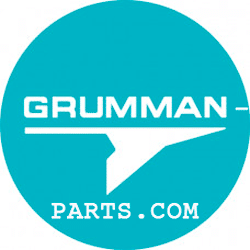
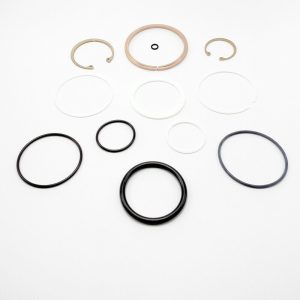
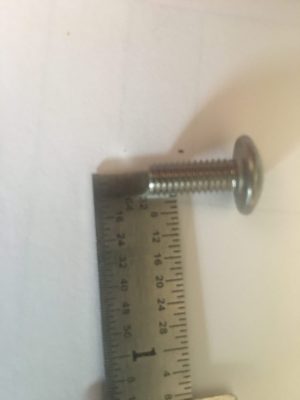
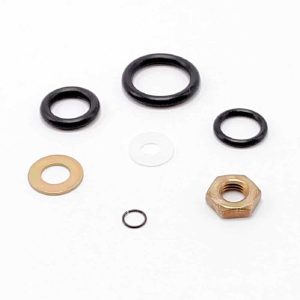
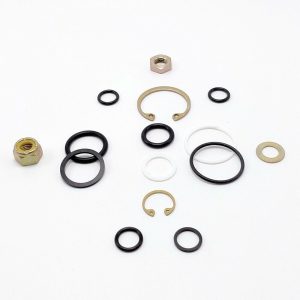
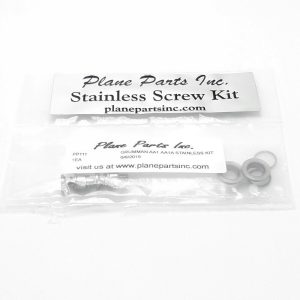
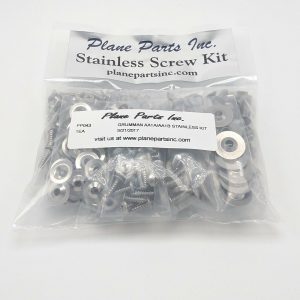
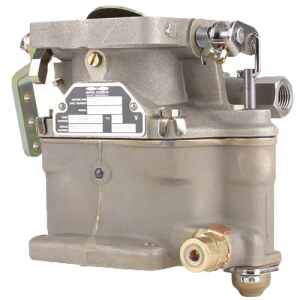
1 review for Grumman Fuel Primer Rebuilt Kit